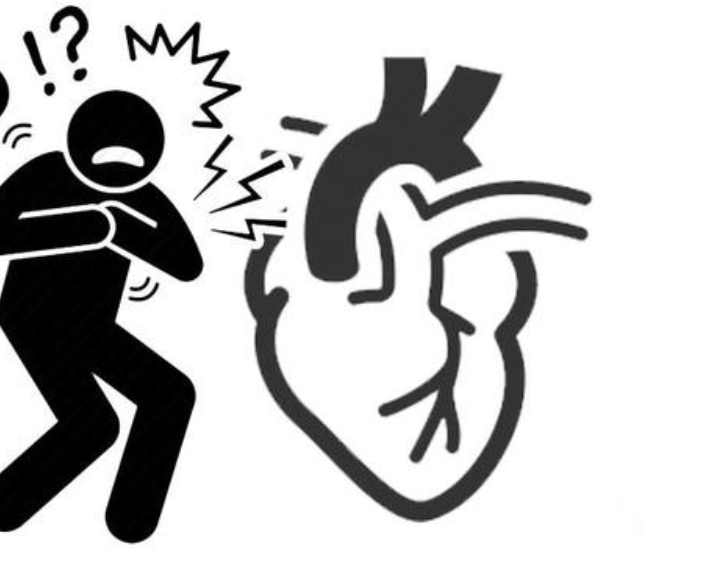
Different causes of myocardial ischemia, the treatment principle is very different, but the overall treatment idea is the same, that is, improve the myocardial blood supply and reduce the myocardial oxygen consumption.
The main treatment of myocardial ischemia is drug therapy, and interventional therapy or surgical treatment can be performed in severe cases.
Acute treatment
The purpose of acute treatment is to quickly relieve the ischemic state, and different causes will have different treatment measures.
Common measures are:
Use fast-acting coronary artery dilating drugs (nitroglycerin, quick-acting heart-saving pills, etc.) to improve myocardial blood supply;
The use of drugs that reduce the load on the heart (such as various blood pressure drugs), as well as drugs that slow the heartbeat and reduce the contractile force of the heart muscle (such as beta blockers, calcium channel blockers), reduce the oxygen consumption of the heart.
For more severe myocardial ischemia, load doses of aspirin and clopidogrel may also be used at the time of attack.
General treatment
Both during and during the attack.
At attack
Stop moving and rest in bed;
Family members should actively soothe patients and eliminate their nervous and excited emotions as much as possible;
Keep ventilation and give patients oxygen if possible to improve myocardial ischemia and hypoxia.
In peacetime
Actively control the risk factors of myocardial ischemia, such as controlling blood pressure, blood sugar, blood lipids, smoking cessation, alcohol restriction.
Moderate exercise can improve cardiovascular health to a certain extent.
Family members help the patient stay calm and happy.
If there are diseases that may aggravate myocardial ischemia, they should be actively treated, such as all infectious diseases, fever of various causes, hyperthyroidism, anemia, low blood pressure, cardiac insufficiency, respiratory failure, and various tachyarrhythmias and severe bradyarrhythmias.
Drug therapy
There are many causes of myocardial ischemia and many kinds of drugs are involved. Patients must be treated with drugs under the guidance of doctors.
Anti-myocardial ischemia drugs
nitrates
Nitroglycerin is one of these drugs. Nitroglycerin acts quickly and is often used during myocardial ischemic attacks to rapidly dilate coronary arteries and increase blood supply to the heart muscle.
Nitroglycerin can be taken not only sublingual, but also intravenously (including by drip).
Nitroglycerin is more prone to drug tolerance, and the effect is reduced, so it can not be used for a long time, need to continue to expand the coronary artery, need to use other long-acting types of nitrolipids, such as isosorbide nitrate, isosorbide mononitrate.
The most common adverse effects of nitrates are headache and skin flushing, which usually do not affect drug use. Hypotension is occasionally seen.
Beta blockers
By reducing cardiac contractility and heart rate and reducing myocardial oxygen consumption, it can play the role of anti-myocardial ischemia.
β-blockers can reduce the incidence of myocardial infarction and improve the short-term and long-term prognosis of coronary heart disease.
Commonly used drugs are metoprolol, Bisoprolol, atenolol and so on.
Beta blockers are contraindicated in patients with bronchial asthma and more severe atrioventricular block.

